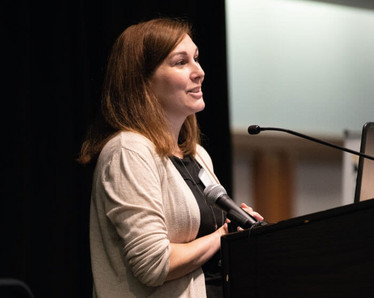Cannabis 101
With more career opportunities in the industry than ever before, academic courses are springing up to help train the cannabis scientists of tomorrow

The cannabis industry is flourishing – as a result, the demand for workers with knowledge of the plant and its applications is growing. Recognizing this, academic institutions worldwide are now offering a variety of qualifications for scientists with a range of existing experience. The University of Maryland offers North America’s only MSc in Cannabis Science and Therapeutics. We sat down with the Program Director, Leah Sera, to learn more…
Why did you develop the course?
Studies across North America have revealed a considerable knowledge gap among healthcare professionals about cannabis, but, promisingly, an equally large appetite for further education. Of course, people can always pick things up “on the job”, but we wanted to provide a more structured and comprehensive academic curriculum. Our objective is clear: to have a measurable impact on patient care, scientific knowledge, and public policy, by educating the next generation of cannabis scientists.
What do students learn?
We expect the majority of our students will also be working during their studies, so we designed a two year, 30-credit part-time program. The program consists of 10 three-credit courses; four courses are required, and lay the groundwork on policy, history and culture, with a particular focus on the United States.
Students then take two courses on the science of medical cannabis. One focuses on the principles of drug action and cannabinoid pharmacology, allowing students to explore how drugs behave in the human body and how pharmacologists can exploit these processes in order to develop more effective drugs. The other is a basic course in chemistry. We don’t require students to have specific scientific knowledge; instead, we try to introduce these concepts throughout the degree. The final foundational course is an introduction to patient care and the clinical uses of medical cannabis.
What about electives?
These cover everything from analytical chemistry and therapeutics to public health, advanced law, and policy. Rounding out the degree is a research methodology course that teaches students the essential skills they need to thrive in a laboratory. We’ve tried to make the course as holistic as possible by providing the broadest range of topics for study, so that students graduate with a background knowledge of the whole field. Our hope is that this will equip them to be the leaders of the future, able to progress the field and drive change where needed.
Having thrown myself into various science communication activities whilst studying science at University, I soon came to realize where my passions truly lie; outside the laboratory, telling the stories of the remarkable men and women conducting groundbreaking research. Now, at Texere, I have the opportunity to do just that.












